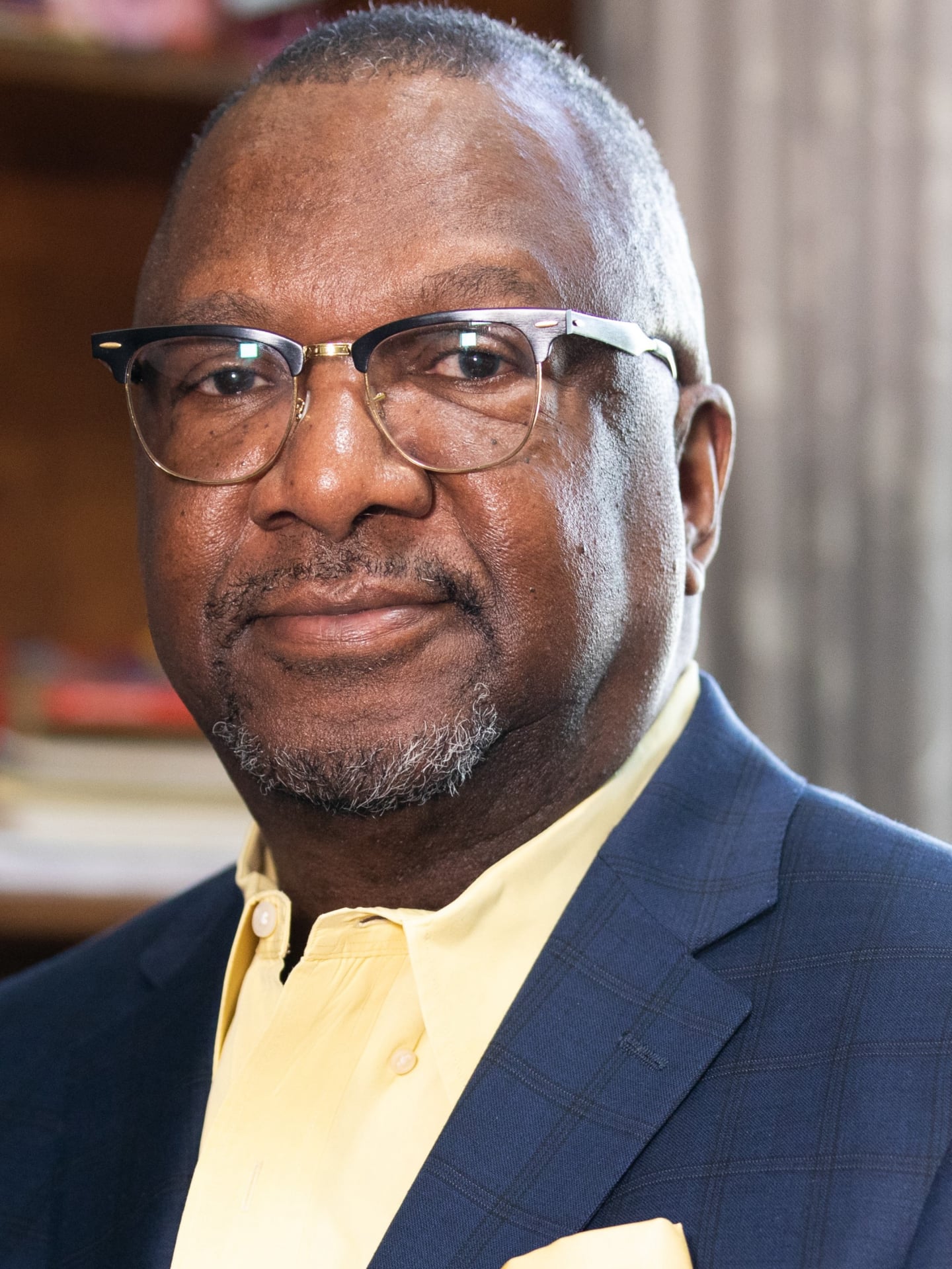
Andrew Wilson:
A Legacy in Social Work and Mentorship
by Dr. DeeDee Reese
For Andrew Wilson, social work is more than a career—it’s a lifelong calling rooted in service, mentorship, and the advancement of professional development. A licensed clinical social worker (LCSW), Wilson has dedicated his adult life to the human services field, officially becoming a social worker upon graduating from Grambling State University in 2004 with a Master of Social Work (MSW).
Reflecting on the challenges facing social workers today, particularly those of African ancestry, Wilson highlights the need for professional development and licensure support. "One of the biggest challenges we face is navigating the licensing process, particularly standardized testing, which does not always fairly measure our capabilities," Wilson explains. "Professional development is key to advancing in this field."
As a supervisor for social work students and those pursuing their LCSW, Wilson emphasizes mentorship, providing a platform for aspiring professionals to learn and grow. "My role is to be a model for them, to guide and pour knowledge into them," he states. However, after many years in the field, he is preparing to conclude his tenure with interns. "I’ve been on this battlefield a long time," he remarks, signaling his readiness to pass the torch.
Social work, according to Wilson, is a constantly evolving profession. "There’s so much research emerging about human behavior and social environments," he says. "The challenge for us is staying up to date with the latest literature and best practices."
Regarding licensure, Wilson firmly believes in testing as a requirement but acknowledges its flaws. "We wouldn’t trust a heart surgeon or an attorney who hasn’t passed their exams. However, these tests often do not measure cognitive abilities fairly, particularly among people of color. Nationally, Caucasians pass at nearly 90%, while African Americans pass at about 59%. That disparity must be addressed."
To implement effective mental health strategies, Wilson stresses the importance of ongoing training. "You have to attend workshops, conferences, and put evidence-based techniques into practice. Skills like EMDR and other methodologies should be part of our toolbox."
Wilson takes pride in his contributions to social work, particularly in mentoring students and helping parents reunite with their children in the foster care system. "Seeing people come in with an empty cup and leave with a full one, ready to make a difference, is my greatest accomplishment," he shares. Over the years, he has mentored approximately 100 interns, each one leaving a lasting impact.
Addressing ethical challenges is another crucial aspect of his work. "We must adhere to the NASW Code of Ethics. Ethical training is essential, and we must continuously educate ourselves on best practices."
When asked about his leadership style, Wilson describes himself as a democratic leader. "I believe in meeting people where they are, providing guidance, and allowing them to grow into their roles. Social workers are natural leaders."
Continuing education (CEUs) plays a fundamental role in professional development. "You may graduate with book knowledge, but when you start working with clients, you realize there’s so much more to learn. CEUs ensure we stay competent and relevant."
For those unfamiliar with Wilson’s impact, he attributes much of his success to historically Black institutions. "All that I am is because of Black institutions—Grambling State University and the Black church. They have left an indelible mark on me."
Looking ahead, Wilson is eager to see the development of culturally specific social work models. "Western theories dominate our field, but we need models that reflect our culture. That’s an area we have yet to fully explore."
As he prepares to step back from active mentorship, Wilson remains committed to the profession’s future. "I’m passing the torch. It’s time for the next generation to carry on this work."
Andrew Wilson’s legacy is one of dedication, mentorship, and advocacy, ensuring that the next wave of social workers is prepared to meet the challenges of the evolving field.